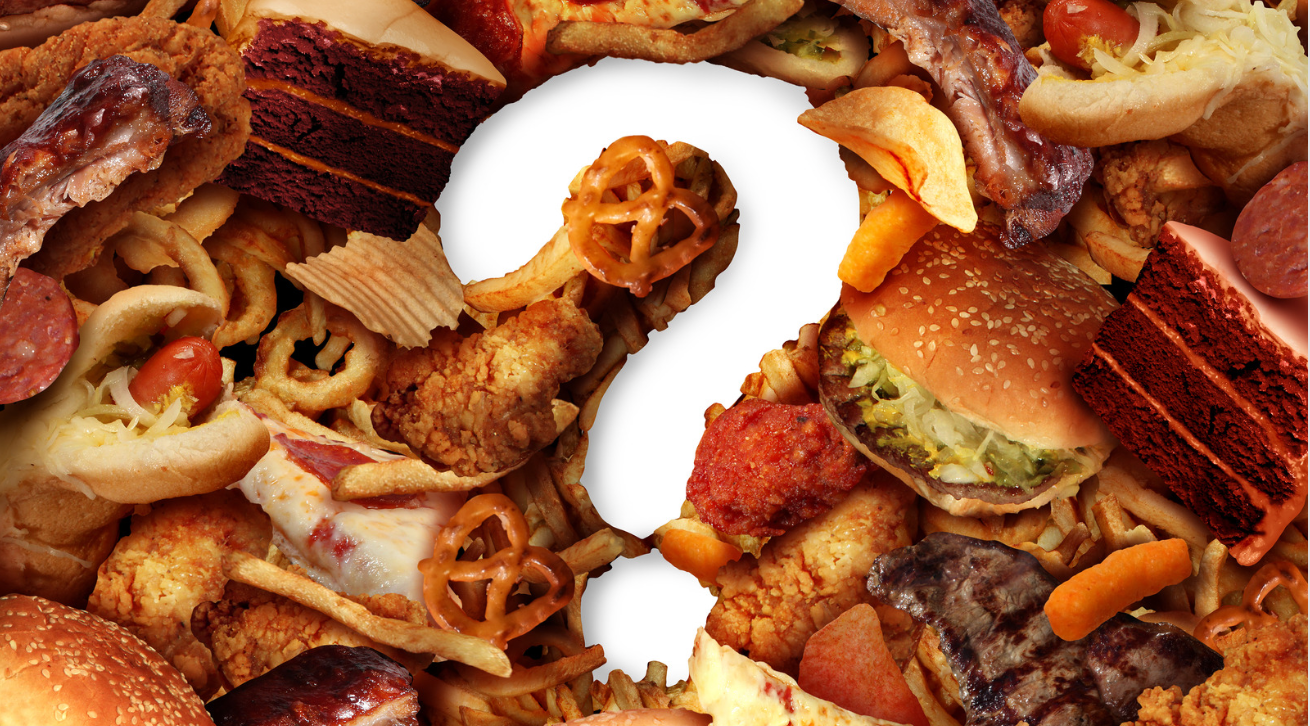STOP HEART DISEASE STORIES
Heart Disease has affected every single one of us in some way, either directly or through a family member or even a friend. The best way to raise awareness and to help Stop Heart Disease, is to share your story. If you have a personal story, please send it to us.
HEART NEWS
Ed Wesolowski collapsed at a Duquesne women’s basketball game in January. Then, the Duquesne basketball medical staff jumped into action to save Wesolowski's life.
" GMA " shares an exclusive story for American Heart Month about a groundbreaking procedure that involves open heart surgery on a baby while he was being born.
The body content of your post goes here. To edit this text, click on it and delete this default text and start typing your own or paste your own from a different source.
ABC News ' Dr. Tara Narula shares why knowing your numbers is key to preventing heart disease, the leading cause of death in the U.S.

By Dennis Thompson HealthDay Reporter MONDAY, July 1, 2024 ( HealthDay News ) -- People who eat more ultra-processed foods are more likely to suffer an early death, particularly from heart disease or diabetes, a new study warns. Older adults who consume higher amounts of ultra-processed foods are about 10% more likely to die than those who eat less processed foods, over an average 23-year follow-up. In particular, soft drinks and highly processed meats like hot dogs, sausages and deli cold cuts are “most strongly associated with mortality risk,” said researcher Erikka Loftfield, an investigator with the National Cancer Institute (NCI). “Eating a diet low in these foods is already recommended for disease prevention and health promotion,” Loftfield added in an NCI news release. Ultra-processed foods are made mostly from substances extracted from whole foods, like saturated fats, starches and added sugars. These products also contain a wide variety of additives to make them more tasty, attractive and shelf-stable, including colors, emulsifiers, flavors and stabilizers. Examples include packaged baked goods, sugary cereals, ready-to-eat or ready-to-heat products and deli meat. For this study, researchers analyzed data from more than 540,000 people ages 50 to 71 regarding their eating habits and their health. The data was gathered in the mid-1990s; more than half of the participants have subsequently died. Even after accounting for other health risk factors, researchers found that people who consumed the highest levels of ultra-processed food were more likely to die early than people who ate the least. Ultra-processed food specifically increased the risk of death related to heart disease or diabetes, but not cancer. “Our study results support a larger body of literature, including both observational and experimental studies, which indicate that ultra-processed food intake adversely impacts health and longevity,” Loftfield said. “However, there is still a lot that we don’t know, including what aspects of ultra-processed foods pose potential health risks,” Loftfield added. Researchers presented the findings at the annual meeting of the American Society for Nutrition in Chicago. Such research should be considered preliminary until published in a peer-reviewed journal. SOURCE: American Society for Nutrition, news release, June 30, 2024
MIAMI BEACH, Fla. – Exercise capacity is one of the most important markers of cardiovascular health, and now a local study is focused on improving the evaluation heart function. Dr. Christos Mihos, with Mount Sinai Medical Center’s Heart Institute, is overseeing a study called “FIT-TWIST” to closely monitor the effects of a standard cardiac rehab program on patients who’ve had heart attacks. “The heart is a muscle, just like any other muscle in our body. It’s the most complex muscle in our body and it moves in very intricate ways -- let’s say three dimensional ways -- and what we’re doing with this study is we’re saying, ‘OK, you’ve had a heart attack.’ We do an echocardiogram, which is just a basic ultrasound of the heart, but we apply very advanced modalities called speckle tracking and that allows us to visualize that three dimensional motions that we’re talking about,” Mihos said. The goal is to tailor physical therapy to each individual patient. The study was funded by the Florida Heart Research Foundation.